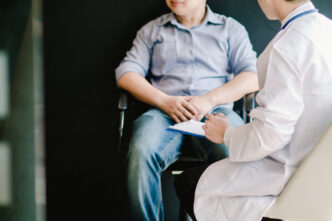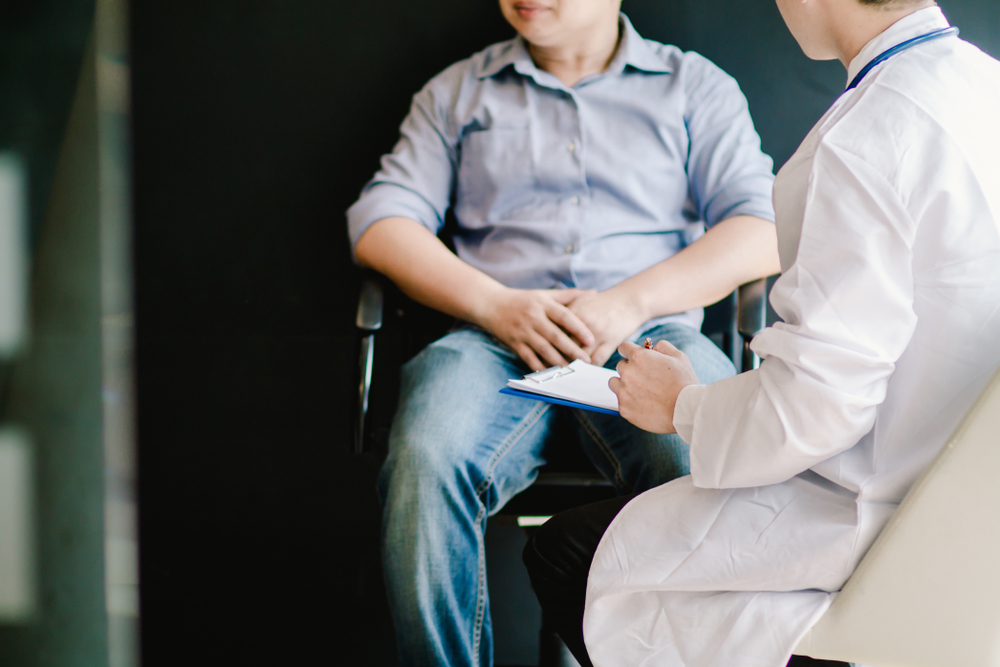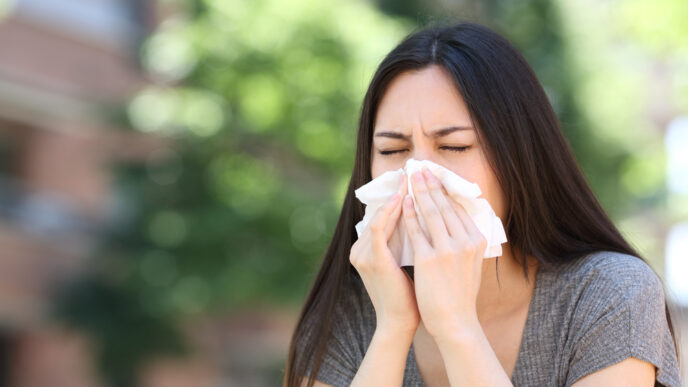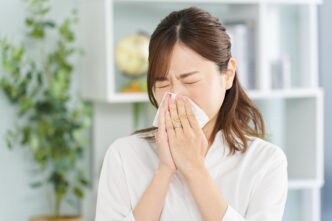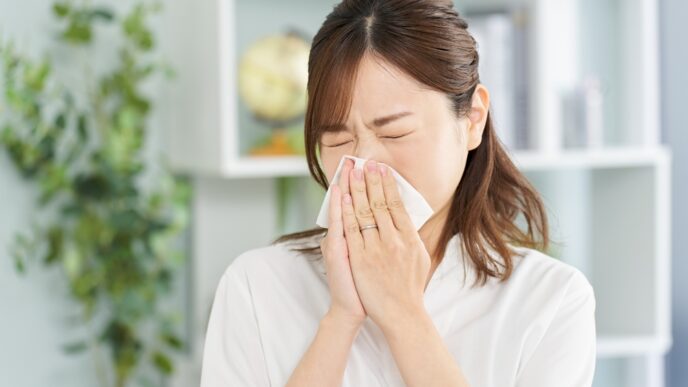Dr Sulaiman Tamanang Consultant Radiologist and Nuclear Medicine Physician, The National Cancer Society of Malaysia
Prostate cancer may not be the most common cancer among men in Malaysia – that would be lung cancer – but it is nonetheless common in men over 50, according to Dr Sulaiman Tamanang, a consultant radiologist and nuclear medicine physician. To date, we have not identified the actual cause(s) of prostate cancer.
NO EARLY SYMPTOMS
When it comes to prostate cancer, there are usually no specific symptoms during its early stages.
SYMPTOMS USUALLY SHOW DURING ADVANCED STAGES
Symptoms may occur at later stages, and even then, things are complicated by the fact that these symptoms may be the same as those of other conditions, such as benign prostatic hyperplasia (BPH, swelling of the prostate glands).
THEREFORE, SEE A DOCTOR AS SOON AS SYMPTOMS OCCUR
Some symptoms to watch out for are:
- Urinary problems – blood in the urine, difficulty in urinating, weak urine flow, frequent need to urinate (especially at night), pain or burning sensation while urinating.
- Problems achieving or maintaining an erection.
- Pain in the hips, back, chest and other areas; this may be a sign that the cancer has spread to the bones.
EVEN BETTER, GO FOR SCREENINGS
Dr Sulaiman recommends every man over 50 to take the prostate-specific antigen (PSA) test once a year. Getting screened is just a matter of having some blood taken to be tested in the laboratory. This test is available at most medical establishments, and can be requested as an add-on to standard health screening packages.
“While this screening is not 100% accurate, it gives us some indication that there may be something wrong,” Dr Sulaiman explains. Therefore, this screening can be a good way to detect prostate cancer at an early stage.
TREATMENT
EARLY IS BETTER
Just like with other types of cancer, early detection often means an improved chance of recovery and a lower possibility of the cancer returning (recurrence).
TREATMENT OPTIONS
There are usually three options available – surgery, hormone therapy and chemotherapy.
For a patient of advanced age, however, Dr Sulaiman says that a “wait and see” approach is usually adopted. This is because at that age, there are other diseases that will pose a bigger threat to the man’s health.
PROSTATE SURGERY
For early stage prostate cancer, it is usually recommended to have the affected prostate removed via surgery. Parts of the surrounding tissues (including lymph nodes) may also be removed, so that they can be examined to determine whether the cancer cells have spread.
“There may be side effects,” explains Dr Sulaiman, “such as poor urine stream and dry ejaculation (no ejaculate is released during orgasm). However, not everyone will experience them, and we have means (medication, therapy, etc) to address them when they occur.”
HORMONE THERAPY
Hormone therapy is usually offered to patients whose cancer has reached an advanced stage, or if the patient is unable to undergo surgery for medical reasons.
Dr Sulaiman explains that, in a patient with prostate cancer, the testosterone hormone can stimulate cancer cells to grow. Hormone therapy acts to either reduce the amount of testosterone produced in the body, or to stop testosterone from reaching the cancer cells.
As a result, the cancer cells grow slower or, in some cases, the tumour may shrink in size. However, hormone therapy will not cure prostate cancer.
Hormone therapy may cause side effects due to the changes in testosterone level in the body, such as decreased libido, erectile dysfunction and growth of breast tissue (gynaecomastia).
CHEMOTHERAPY
Chemotherapy is usually a “second resort” treatment, given when the patient does not respond favourably to hormone treatment, or when their cancer has spread to other parts of the body.
This therapy involves the use of drugs to kill the cancer cells in the body. Depending on the severity of the cancer, the patient may be offered a combination of different drugs. These drugs will help to slow the growth and spread of the tumour(s), and in the process give the patient more time and improve his quality of life. However, they will not cure the cancer.
Chemotherapy has side effects, caused by the fact that the drugs cannot tell healthy cells apart from cancer cells. Healthy cells will also be affected by the drugs, leading to side effects such as changes in physical appearance (loss of hair, nails, bloating, skin blotching, etc), nausea, fatigue and weakened immune system (which may increase the risk of infections). The good news is that these side effects will eventually go away once treatment is over.

